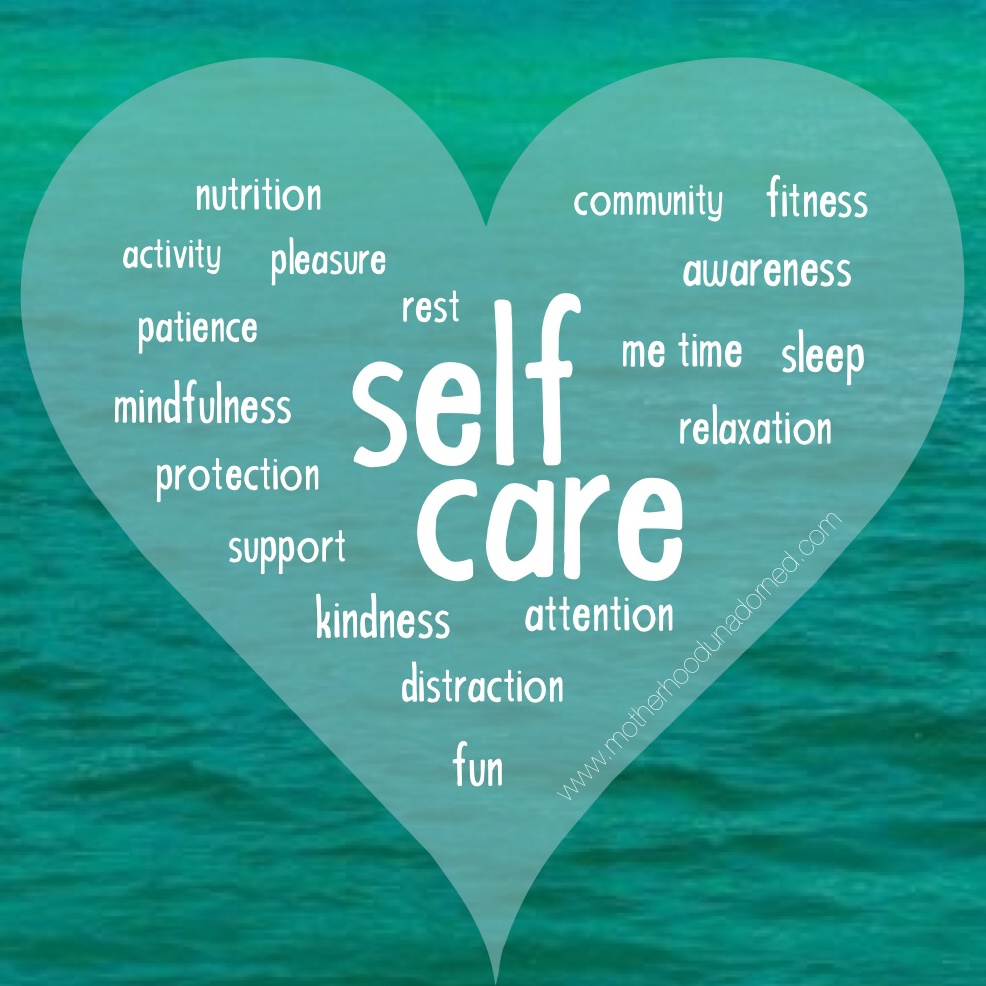Self Care in a Demanding World
So many things scompete for our time and energy. At the end of the day we are exhausted and overwhelmed. Here are some tips to help us manage our day.
- Understand that there is a battle going on around you. Be aware and periodically self-assess your physical, emotional, and spiritual presence to exit the 24/7 hamster wheel that never stops.
- Talk regularly with another colleague or associate who understands and is supportive. This involves talking about the traumatic material, how you think and feel about it, and how you are personally affected by it.
- Self-care. Proactively develop a program of self-care that is effective for you. This includes healthy eating, exercising regularly, getting adequate rest, and learning how to turn off the “fight-or-flight response” of your sympathetic nervous system and turn on the “relaxation response” of your parasympathetic nervous system.
- Spend plenty of quiet time alone. Learning mindfulness meditation is an excellent way to ground yourself in the moment and keep your thoughts from pulling you in different directions. The ability to reconnect with a spiritual source will also help you achieve inner balance and can produce an almost miraculous turnaround, even when your world seems its blackest.
- Recharge your batteries daily. Something as simple as committing to eat better and stopping all other activities while eating can have an exponential benefit on both your psyche and your physical body. A regular exercise regimen can reduce stress, hel
 p you achieve outer balance and re-energize you for time with family and friends.
p you achieve outer balance and re-energize you for time with family and friends. - Hold one focused, connected and meaningful conversation each day and be open to another conversation that you are not in control of (divine appointment). This will jump start even the most depleted batteries. Time with family and close friends feeds the soul like nothing else and sadly seems to be the first thing to go when time is scarce.
- Balance and Relationships. Take steps to simplify, do less, ask for help, and stop trying to be all things to all people, including your clients. Start thinking about how you can work on balance rather than the reasons you can’t. Working to develop and maintain healthy interpersonal relationships will also increase your resilience.
- Being Intentional. If you are overwhelmed and struggling with depression, anxiety, substance abuse, or compassion fatigue, put a plan for change in place. Recognize that the attributes that contribute to your professional success (e.g., motivated, perfectionistic, achievement-oriented, driven, fixer) and your work environment may be contributing to an imbalance in your life. Monitor your thoughts, emotions, and behaviors. Seek assistance to help you implement change and redirect the thoughts that tell you, “I should be able to do this by myself.” Your new mantra can become, “I don’t have to do it all by myself.”



